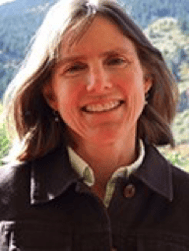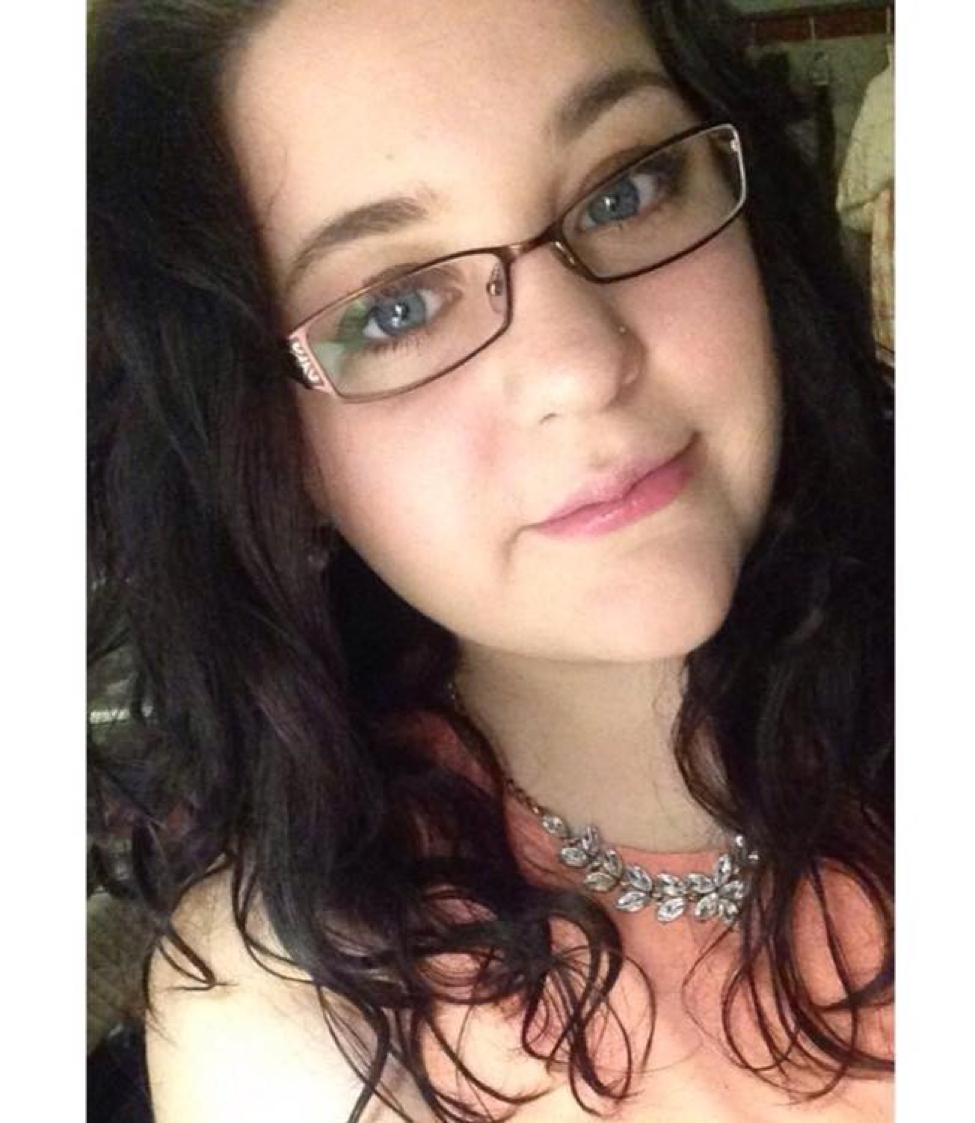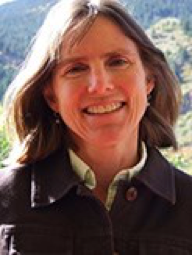Janet Sauer: Parent, Professional and Educator
Interviews from the field
As a Special Education Associate Professor at Lesley University, a parent of a child with special needs, and a previous K-12 educator, Janet Sauer has many insights into the field of special education. Janet has a passion for social justice, as well as inclusive education for all students. Through our conversation, it was clear that Janet believes that the structural aspect of our education system can sometimes be what hinders inclusive education. Therefore, a major focus of her research is to find a way to change the system to benefit all students.
 Janet attended Emerson College for her undergraduate degree, where she studied Mass Communications, and then served in the Peace Corps in Botswana, Africa from 1988-1990. Following that work, she taught a video production class to bilingual students on the Navajo Reservation, where she had a student that did not know how to read. Wishing to help this student, she began taking coursework in Special Education. She then attended Ohio University for her master’s degree and University of Northern Iowa for her doctoral degree, both focused on special education. Janet is a very active member in the special education community, and during our discussion her passion and advocacy for this line of work truly shined through.
Janet attended Emerson College for her undergraduate degree, where she studied Mass Communications, and then served in the Peace Corps in Botswana, Africa from 1988-1990. Following that work, she taught a video production class to bilingual students on the Navajo Reservation, where she had a student that did not know how to read. Wishing to help this student, she began taking coursework in Special Education. She then attended Ohio University for her master’s degree and University of Northern Iowa for her doctoral degree, both focused on special education. Janet is a very active member in the special education community, and during our discussion her passion and advocacy for this line of work truly shined through.
Q: What sparked your interest in Special Education and research in this field?
A: A string of events sparked my interest, not one in particular. When I look back at my life, one topic that’s always been interesting to me is social justice. I have a younger sister who had Perthes Disease, which is disintegration of the hips. I remember her being bullied and me getting in trouble trying to defend her on the playground. Also, when I was teaching video production, I had a student who couldn’t read, and he was a sophomore in high school. I went to the special education teacher, and I didn’t find him particularly helpful in this situation. So, I started taking classes and learning about learning disabilities – what it means, what it looks like, what is sounds like and how it is experienced by the student.
Q: Would you say that encountering the child who did not know how to read was what led you to pursue special education?
A: I actually wasn’t thinking of myself as a special education teacher at that point in my life. It isn’t a very inspirational story in that sense. Although that experience prompted the coursework I took, I don’t think it is the same sort of experience where people have that “ah-ha” moment like they have found what they were meant to do.
Q: Can you briefly describe what your current job entails?
A: My position is an Associate Professor of Special Education at Lesley University. Our special education undergraduate licensure program focuses on what we call “Moderate Disabilities.” My job can be broken down into four parts: teaching, advising, service (volunteering, time on committees) and scholarship (research and publishing).
The classes I teach are: “Characteristics of Children and Youth with Disabilities,” “Teaching, Learning and Social Responsibility,” “Assessment” and “Special Education Core II.” I have supervised student teachers and I also teach “Contemporary Issues in Special Education” for the Graduate School. As an advisor, I facilitate the career path for students, and also help support people who are pursuing a general education license so they can learn how to support students across the spectrum. I also see myself as an advocate for students at Lesley University – both those pursuing a career working with students with disabilities and those who themselves have disabilities.
Q: Can you elaborate on your current research projects?
A: I recently had an article published relating to IDEA (Individuals with Disabilities Education Act) and LRE (least restrictive environment). I have also published with other faculty across the country from places like Kansas University, Florida State University, and the University of Wisconsin-Madison. Some of these colleagues worked on a national committee and looked at the core curriculum to help general education teachers make it accessible for all students. The other large part of my research has been trying to help culturally and linguistically diverse families, particularly immigrants, who come to the U.S. and have kids with disabilities and who don’t understand how our special education system works. This is why I have moved more towards changing the system and the structure, so that all children can benefit and do not have to fight for resources.
Q: What are your ultimate goals in your research or projects? What do you hope to accomplish?
A: I’m ultimately looking for structural change. I think it would be best if we could work towards fully inclusive classrooms, in part because when children are segregated the resources get spread out. I see many issues with the way special education is funded.
Q: What is the most rewarding part of your job?
A: I love when my students move forward and I get to hear about it. I just received an email from a student who graduated from Lesley, and she’s teaching full time in an inclusive setting. It makes me really happy that she is out there in the world doing this meaningful work. When I was teaching in public schools, I was at a gas station and a parent came up to me and said that her child’s self-confidence had sky rocketed when he learned to read. Hearing about the success of students after they leave my classroom is one of the most rewarding experiences for me.
Q: What is the most challenging part of your job?
A: That I don’t have all the answers. I wish I could make it easier for kids, for families and for teachers. I wish that I could make everyone happy, but it is extremely complex. When I get frustrated, then I need to put myself one on one with a child, put them in my lap and read to them. It helps me get grounded and remember what education is all about.
Q: What changes have you seen in your field in the past 5 years?
A: One thing I’ve seen at Lesley that is exciting for me is that young people come into higher education, some of whom experience disabilities themselves, that aren’t stigmatized by it and feel comfortable claiming it. In a recent class of mine, a student voluntarily stood up and told the entire class about her special needs. It was amazing, and it had never been done before in one of my classes here.
Q: What are some changes you would like to see in your field in the next 5 years?
A: I’d love parents to see increased opportunities for their children, and I’d love to see teachers feel more empowered. Most teachers want to help all students and want to be effective, yet they are not given the time, resources or mentoring to move forward. I’d love to see a more collaborative model for pre-service professors and practitioners, where we could work together and use action based research that could help inform teaching practice.
Q: Are there any resources you would like to see more of in the special education field?
A: I would like to see more assistive technology used proficiently. To do this we would need more access to assistive technology, but that isn’t necessarily possible for all families. Relating to this, I’m also exploring how class and privilege affects the access children have to assistive technology.
Q: What is one thing you’d like to share with parents of children with special needs?
A: My word to parents from a teacher’s perspective is that we recognize that you have had a lifetime with your child, so you know your child. I want to work with you to find out what you’ve learned about your child and how it can inform the way I teach them.
Q: Lastly, do you have any advice for those who are interested in entering the field of special education?
A: What comes to mind is that it’s a life-long learning project. You never stop learning, and you really do need a love of learning and to recognize humility; we can’t know all of the answers and that’s okay. I tell myself that – that we have to work hard and be open to learning new ways of doing things and thinking. What’s really impressive is when we learn from the kids themselves, by watching and listening more carefully to how students learn and grow. Teaching is a learning process, which is why I enjoy it so much.

Kasey Salvatore
Kasey Salvatore is currently an undergraduate student at Lesley University majoring in special education and global studies. Her passion for special education was initially sparked at an early age through experiences with friends and family. More specifically, her mother was a special education teacher and therefore Kasey was introduced to the field throughout her childhood. Additionally, she has experience with children who have special needs through student teaching, friendships and volunteer opportunities. She also currently cares for a 5-year-old boy who has autism and a rare genetic disorder. Kasey’s ultimate goal is to work with children who have autism in an educational or therapeutic setting. In her spare time, Kasey can be found writing, drawing or spending time with friends and family.




